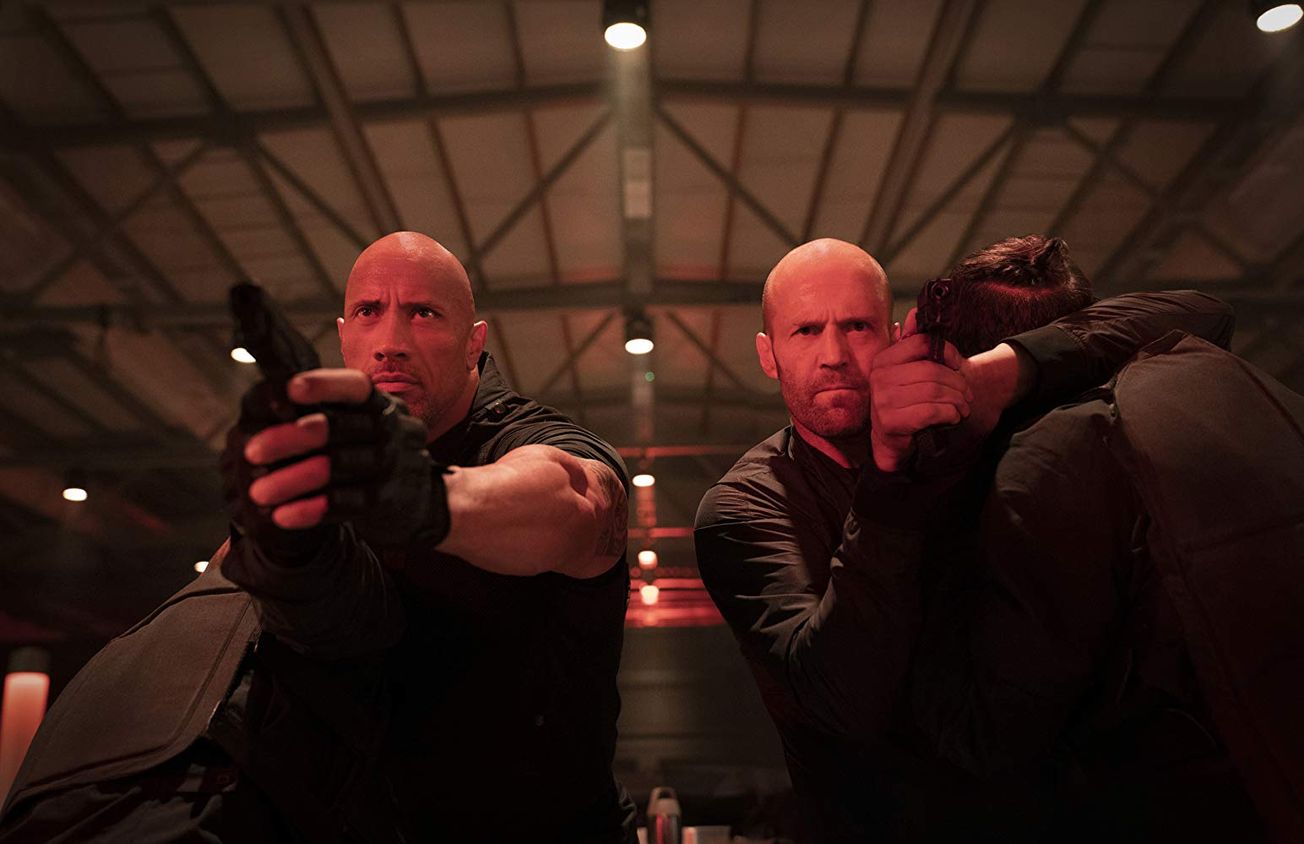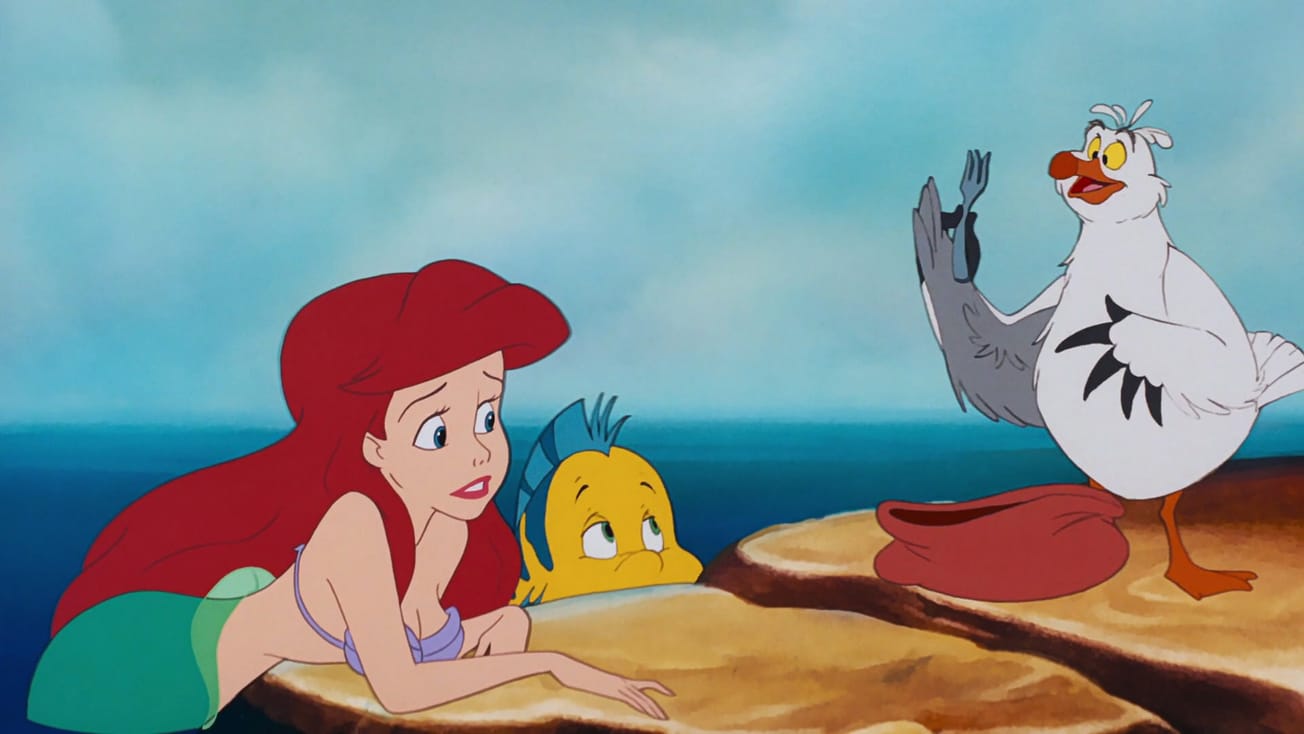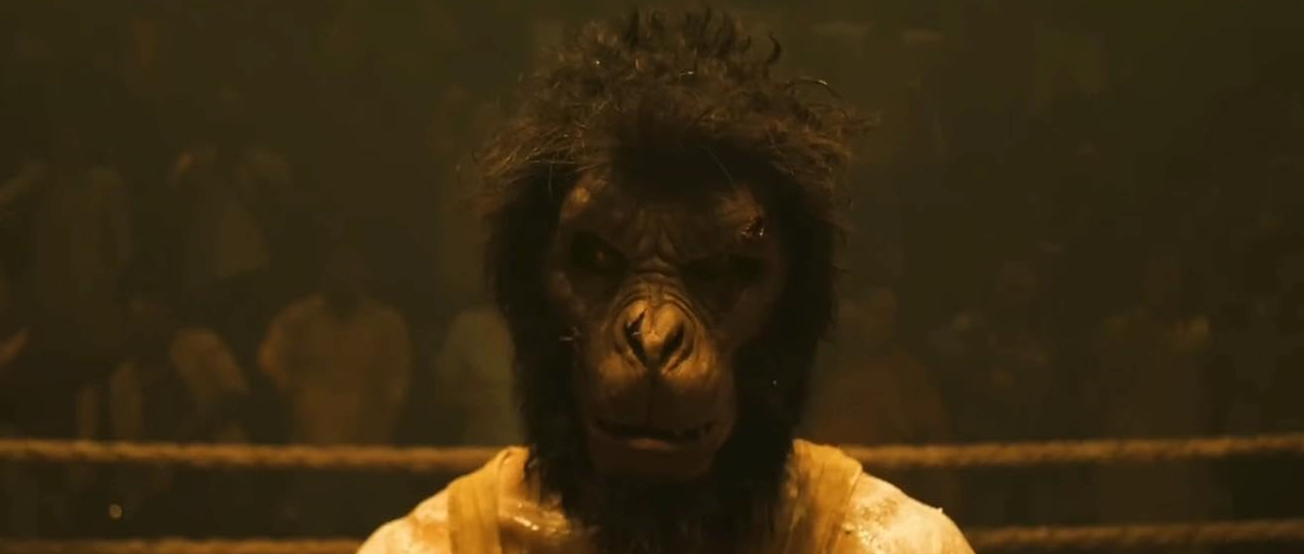By Leah Martindale, Film & TV Editor
With Brexit, General Elections, and political campaigning every way we turn, many turn to the solace of fiction for political respite. The question often arises, however, as to whether cinema can ever really be removed from politics. I am here to argue that yes, it can.
Frankly, I’m unsure how much I agree with this stance.
Politics is imbued intrinsically in all of my favourite cinematic pieces, from the overt to the surreal. Despite this, I refuse to believe that all films are political, as there are some films that to me simply do not deserve this accolade. There are films that are so far from what we recognise as art, or cinema, that to me they can hardly be seen as political if they aren’t even films.
Of course, there are many films which are made to be political. From the American political KKK promo-piece The Birth of a Nation (1915) to the British immigrant romance Last Resort (1986), cinema has been used throughout history to propagate political agendas. However, it feels fallacious to pretend every film ever made has a political agenda.

There are nine Fast and Furious films, including Fast & Furious Presents: Hobbs & Shaw (2019), and apparently another - Fast and Furious 9 (due for release in 2020) - just wrapped. The basic premise of The Fast and the Furious (2001) follows the late Paul Walker as police officer Brian O’Conner who wages an internal struggle between his love for the law and his newfound obsession with street racing.
Basically life-changing politics, right…?
| Cinema can never truly be 'apolitical'
Of course, there are political stances to be taken on the film: O’Conner is a white American police officer, a position of debatable moral standing according to many. The film centres around a hobby that is destroying the planet one car at a time - an issue impossible to ignore in today’s political climate - if you’ll pardon the pun. The representation of women in the films is shoddy, to put it lightly, with objectification rife.
When people are putting vast efforts into making their films make points, statements, changes to the world, it feels offensive to me to cast everything in the same light.
Fair enough, there are politics that can be ascribed to the film. Is that fair, though? You can assign politics to anything. Is Clueless (1995) a commentary on gender and class intersections in late 20th Century America? Or, more honestly, is it a fun adaptation of the 1815 novel Emma with sex, fashion, and a ‘totally buggin’ vernacular to boot.
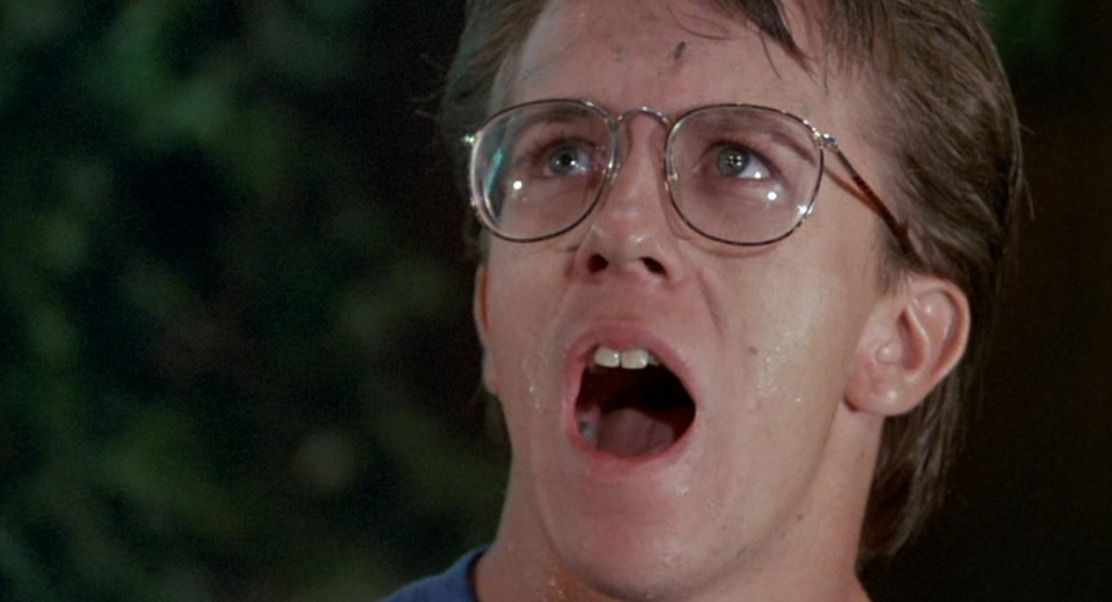
If we are just willing to ascribe politics to anything, then there is no point in political cinema. There are films that barely scrape the bar as films, let alone political films. Troll 2 (1990), Sharknado (2013), Sex Lives of the Potato Men (2004)... there are countless films considered such genuine tripe that they are hardly worth watching.
How can we say with straight faces that these films have inherent political compasses when they hardly have narratives?
There are films that are so far from what we recognise as art, or cinema, that to me they can hardly be seen as political if they aren’t even films.
Films like Baby Geniuses (1999) and Superbabies: Baby Geniuses 2 (2004) may appear on the surface to have some inklings of political nous, with a plot centred around media moguls and code-cracking - even if that code is baby-talk - but truly barely hit the marks of basic filmmaking practices.
When we argue the basic political foundation of cinema, we cannot pretend that the true bottom-of-the-barrel pieces of ‘art’ permeating cinema history deserve to be ascribed political bases.
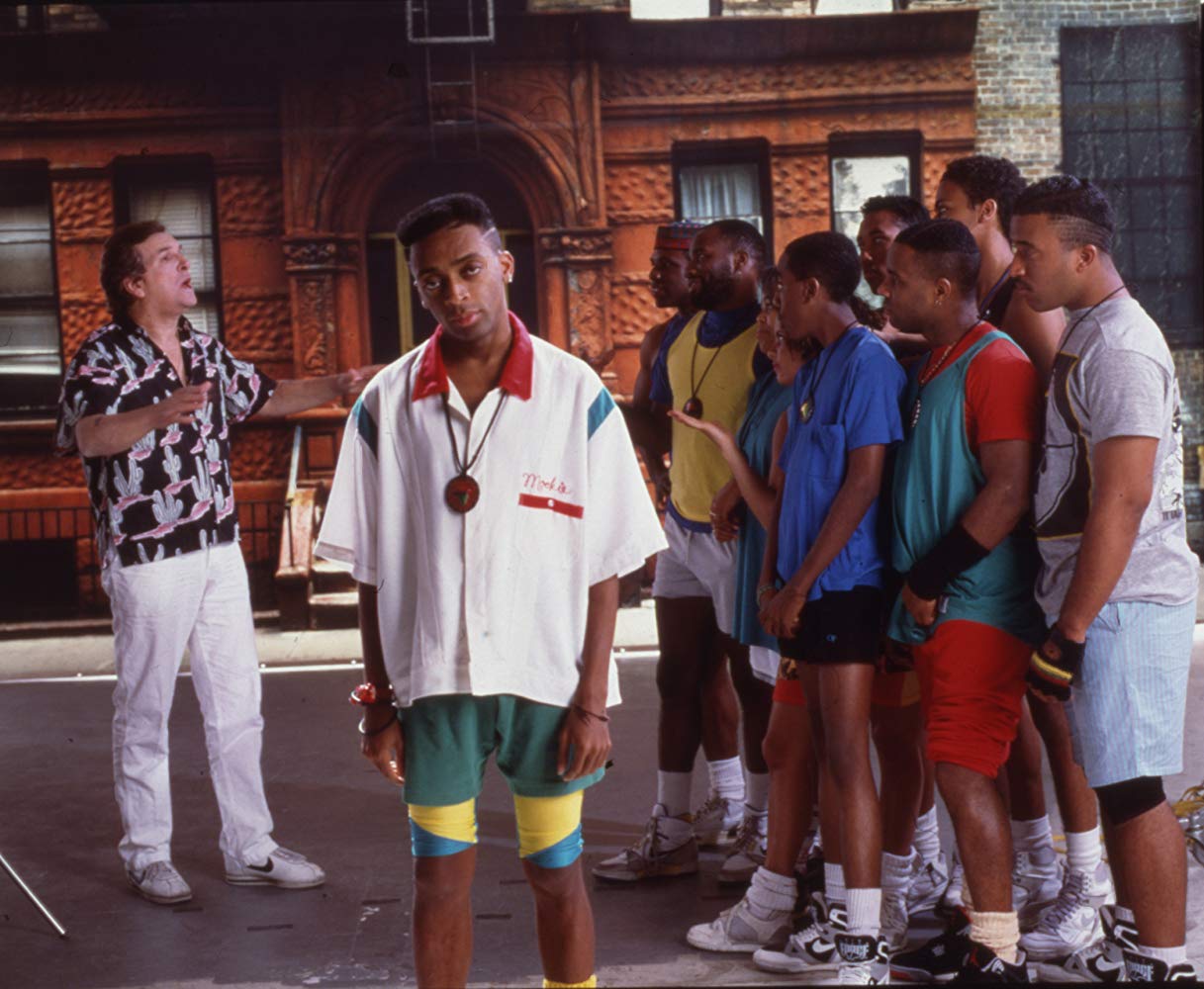
When there are films actively attempting to make political statements, and directors - like my personal favourite, Spike Lee - who have made waves in politics through their cinema, I am of the personal opinion that not all films are political.
| Stuck in the loop? Political satire to escape the election bubble
When people are putting vast efforts into making their films make points, statements, changes to the world, it feels offensive to me to cast everything in the same light.
Lots of films have political implications, and politics is near impossible to extract from a whole hoard of films. Just as every action we do has a butterfly effect that changes our personal futures and political presents, every film we see is in some way influenced by the politics of its production - but that doesn’t make them political.
And that’s okay.
Featured - IMDb / Universal Pictures
Do you think all films are political in some way? Let us know!

